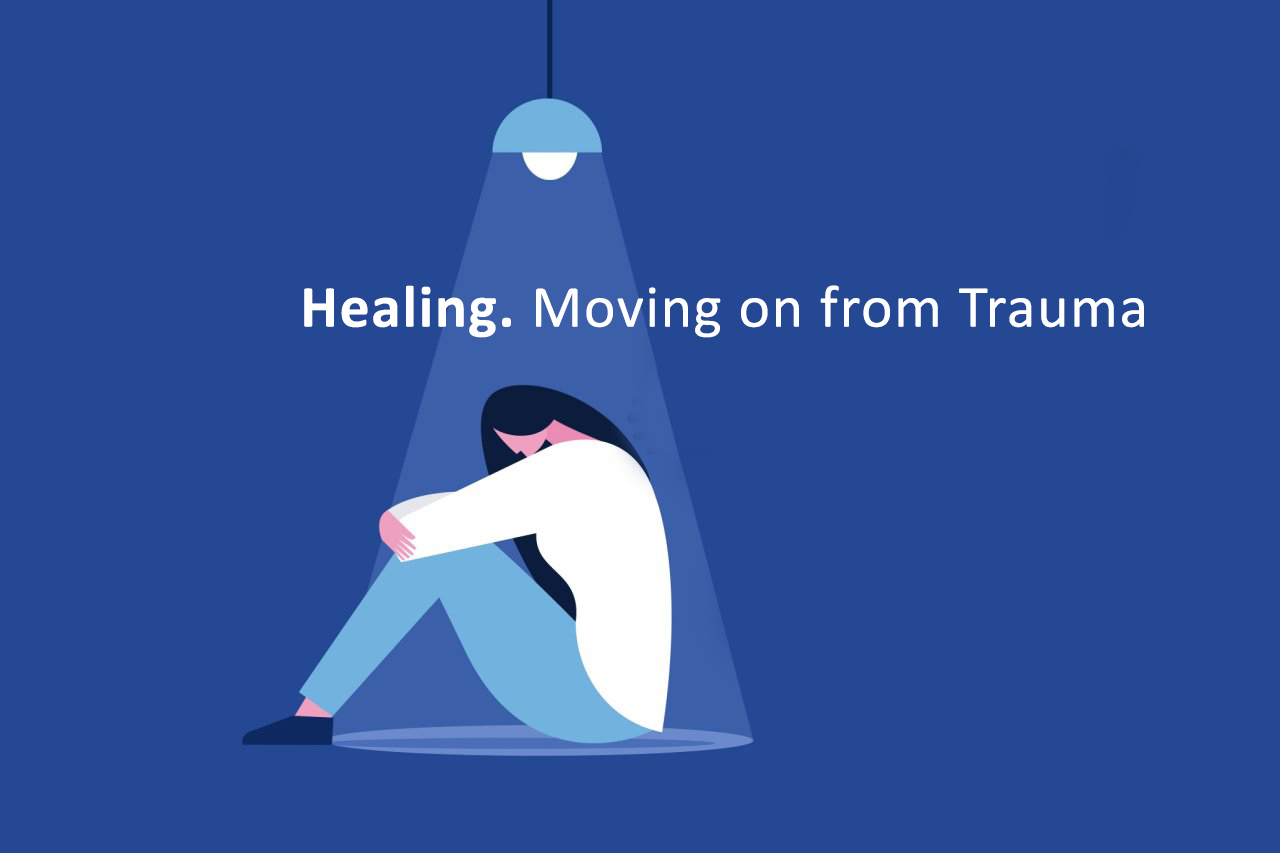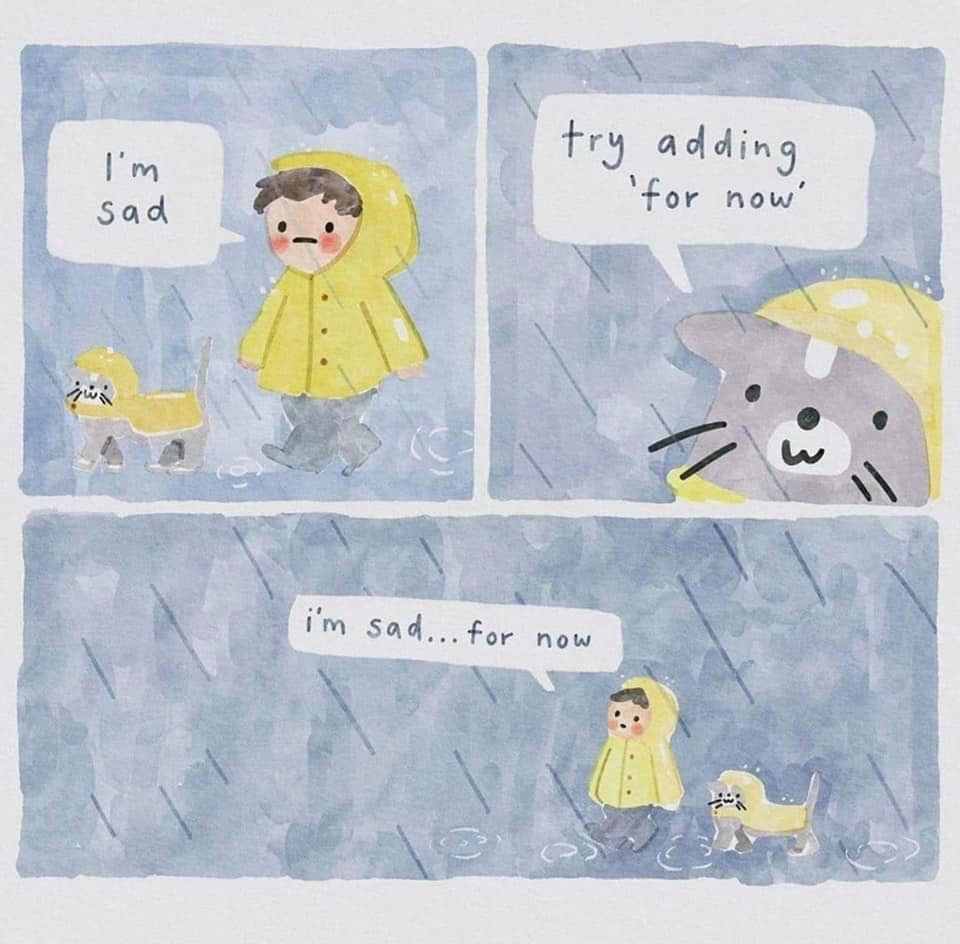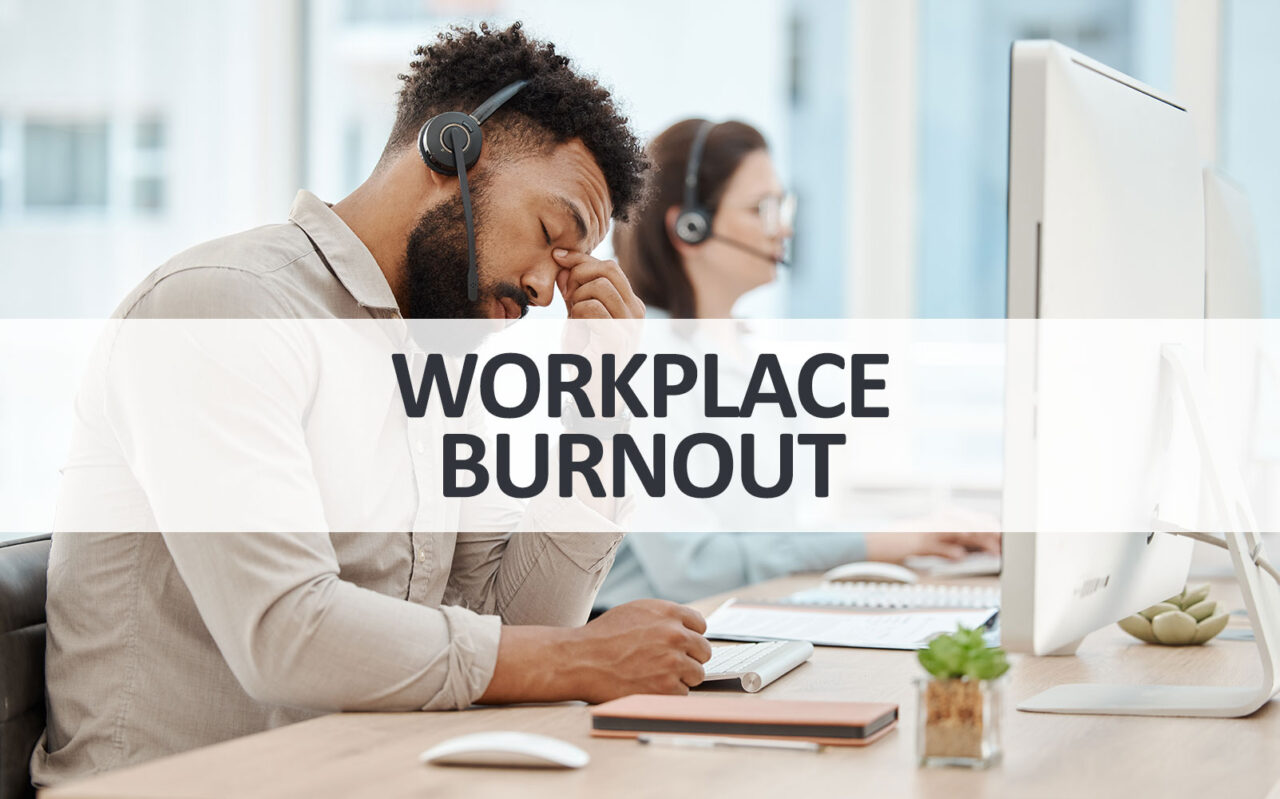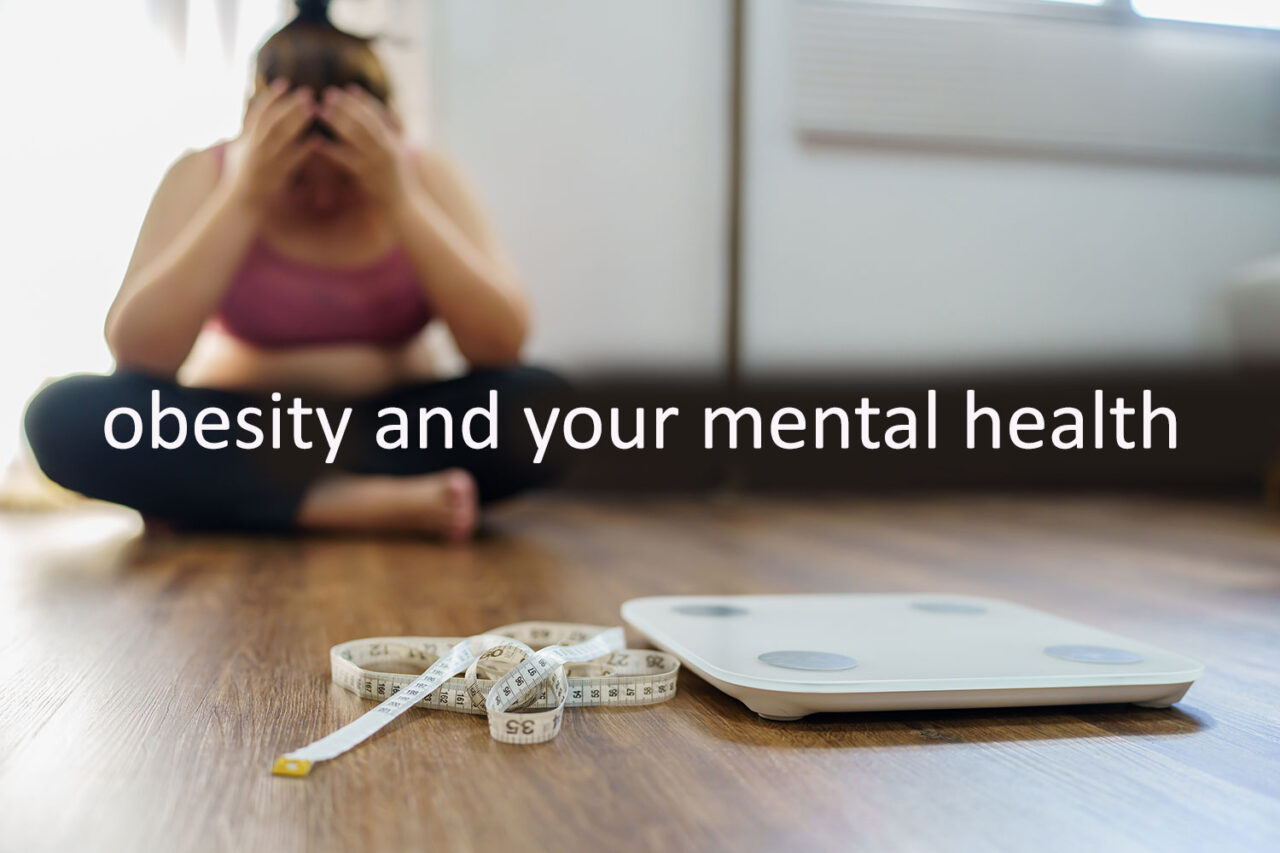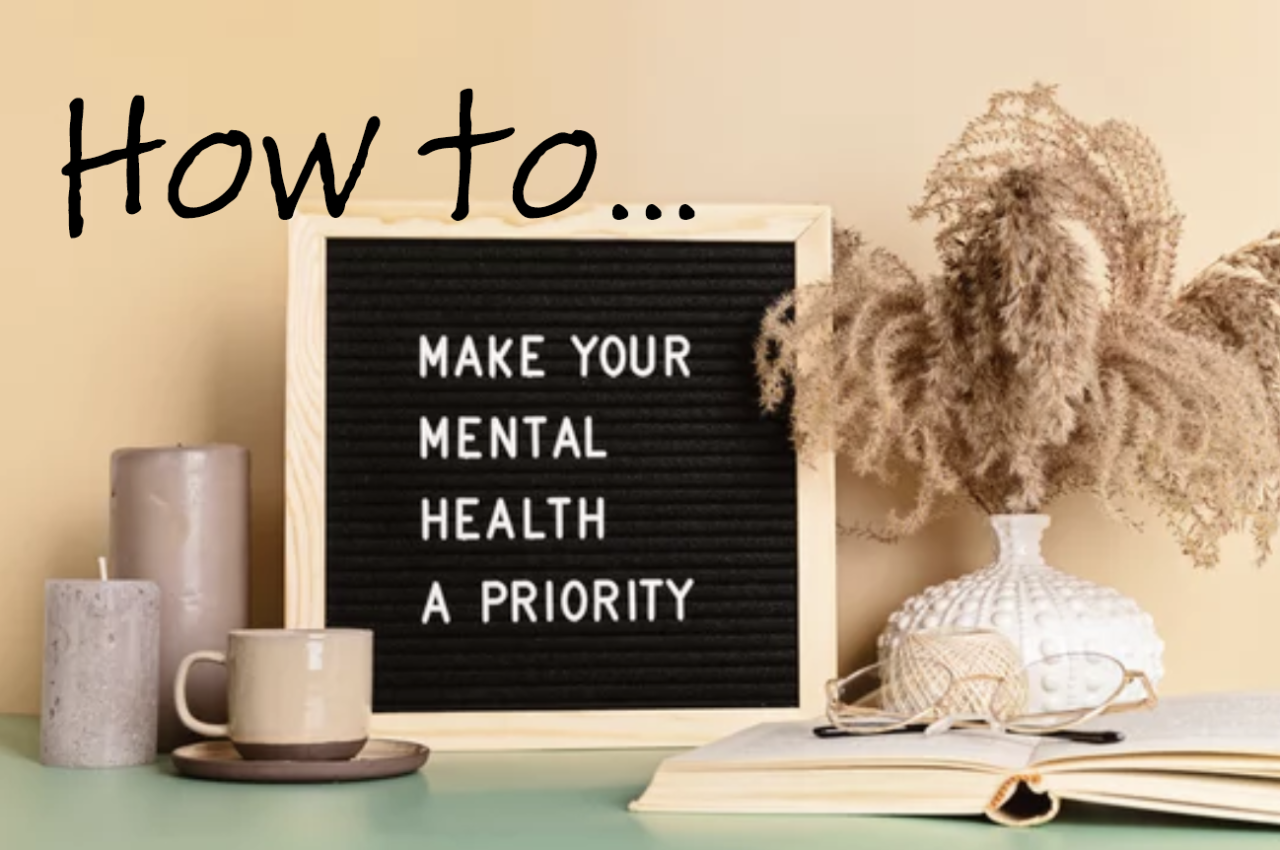Mental health should be a top priority for everyone, it is a fundamental aspect of our overall health and well-being rather than being seen as a luxury. Just like physical health, mental health plays a vital role in our overall well-being, productivity, and quality of life. Taking care of our mental health involves recognizing and addressing our emotional, psychological, and social well-being. It involves managing stress, maintaining healthy relationships, seeking support when needed, practicing self-care, and developing coping strategies to deal with life’s challenges.
Unfortunately, mental health has often been stigmatized or overlooked in many societies, which can prevent individuals from seeking the help and support they need. However, there is a growing awareness of the importance of mental health, and efforts are being made to reduce the stigma and improve access to mental health services. It is essential that we prioritize mental health at both the individual and societal levels. This includes promoting mental health education, destigmatizing mental health conditions, ensuring affordable and accessible mental health care, and fostering supportive environments that encourage open conversations about mental health.
By prioritizing mental health, we can enhance our overall well-being, improve our relationships, increase productivity, and lead fulfilling lives. Everyone deserves to have their mental health needs addressed and supported, and it is crucial that we work collectively to make mental health care accessible, affordable, and a top priority for all.
Relationships and social connections: Good mental health is essential for building and maintaining healthy relationships. Prioritizing mental health allows individuals to communicate effectively, empathize with others, establish boundaries, and foster meaningful connections. Strong social support networks also play a vital role in promoting mental well-being.
Productivity and performance: Taking care of mental health enhances productivity and performance in various areas of life, including work, studies, and personal pursuits. When mental health is prioritized, individuals are better equipped to manage stress, concentrate, problem-solve, and make sound decisions.
Physical health: Mental and physical health are interconnected. Poor mental health can contribute to physical health issues such as cardiovascular problems, weakened immune system, and increased susceptibility to illnesses. Prioritizing mental health can help improve physical health outcomes and overall resilience.
Prevention and early intervention: Prioritizing mental health involves proactive measures such as stress management, self-care practices, and seeking support when needed. By prioritizing mental health, individuals can identify and address potential issues early on, preventing them from escalating into more severe mental health conditions.
Overall well-being: Mental health is a crucial component of overall well-being. It affects how we think, feel, and act, and influences our ability to cope with stress, make decisions, maintain relationships, and achieve personal goals. Prioritizing mental health contributes to a more fulfilling and balanced life.
There are many simple and positive paths you can take to improve your mental health:
- Self-care: Make self-care a priority in your life. Engage in activities that you enjoy and that promote relaxation and well-being. This can include hobbies, exercise, spending time in nature, reading, practicing mindfulness or meditation, taking warm baths, or any other activities that help you relax and recharge.
- Seek support: Reach out to friends, family members, or trusted individuals when you need support. Talking about your feelings and concerns can help alleviate stress and provide a fresh perspective. If needed, consider seeking professional help from a therapist or counselor who can provide guidance and support tailored to your specific needs.
- Maintain a balanced lifestyle: Strive for balance in your life by establishing healthy habits. This includes getting regular exercise, eating a nutritious diet, prioritizing sufficient sleep, and avoiding excessive alcohol or drug use. A healthy lifestyle can positively impact your mental well-being.
- Manage stress: Develop effective stress management techniques. This can involve practicing relaxation techniques like deep breathing exercises, engaging in physical activities, practicing time management skills, setting realistic goals, and learning to prioritize and delegate tasks.
- Stay connected: Cultivate and maintain positive relationships. Spend time with loved ones, engage in social activities, join community groups or clubs, or participate in support groups. Connecting with others can provide emotional support, reduce feelings of loneliness, and enhance your overall well-being.
- Practice mindfulness: Incorporate mindfulness techniques into your daily routine. Mindfulness involves focusing on the present moment without judgment. It can be practiced through meditation, deep breathing exercises, or simply by being fully present in your daily activities. Mindfulness can help reduce stress, increase self-awareness, and improve overall mental well-being.
- Set boundaries: Learn to set healthy boundaries in your personal and professional life. This includes saying no when necessary, prioritizing your own needs, and not overextending yourself. Setting boundaries helps prevent burnout and promotes self-care.
Remember that taking care of your mental health is an ongoing process. It’s important to be patient with yourself and to seek help when needed. Everyone’s journey is unique, so find the strategies that work best for you and incorporate them into your daily life.
Schedule an appointment to talk with one of our amazing therapists: bcsnygroup.com/appointments



